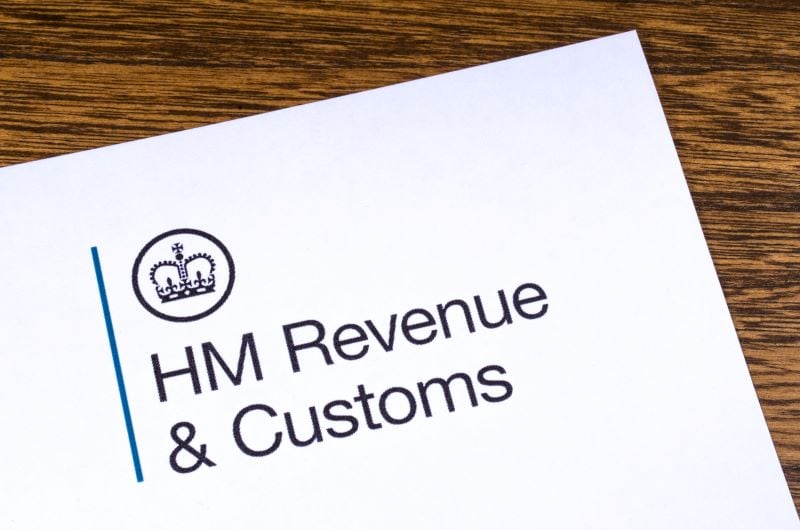HMRC umbrella company ‘checking tool’ looms for workers
Umbrella company consultation response and guidance due from HMRC, as more details come out on Tax Administration and...
READ MORE
Santhie Goundar reports on the upcoming new penalty regime for VAT and income tax, and the closure of the VAT deferral New Payment Scheme next month.

HMRC held sessions at the Accountex Virtual Summit on 12–13 May, explaining how its new penalty regime (coming into force from 2022) will work, and confirmed businesses with deferred VAT who want to apply to its New Payment Scheme must do so by 21 June 2021.
The new penalty regime
Alongside its Making Tax Digital (MTD) programme, HMRC is bringing in a new penalty regime that will be a points-based system applying to the late submission of returns, alongside new rules for the late payment of tax – which includes harmonisation of interest rules for VAT to bring them in line with the rules for ITSA and corporation tax.
The new regime is being brought in for VAT taxpayers for their first VAT return period starting on or after 1 April 2022, then for income tax self-assessment (ITSA) taxpayers required to submit their returns via MTD for their first tax year or accounting period starting on or after 6 April 2023. For other ITSA taxpayers, the new regime will apply for their first tax year or accounting period starting on or after 6 April 2024.
“One reason we’re changing penalties across the tax regime is that the same penalty can be very different for different taxes, and we want to be consistent – as well as simpler, fairer and more effective,” Chris Jennings, penalty reform lead at HMRC, explained, adding HMRC guidance would be produced or updated in due course.
Late submission penalties
For late return submissions, taxpayers will incur one point for missing a submission deadline, with points accruing separately for VAT and ITSA. Taxpayers will be liable to a fixed penalty of £200 only after they have reached a points threshold:
There is a further £200 penalty for each missed submission obligation. However, if the penalty points threshold isn’t breached, points expire after 24 months. If a penalty threshold has been breached, then accrued points are only reset to zero by complying with return submission deadlines for a period afterwards (which will be based on submission frequency), as well as submitting all returns due in the preceding 24 months.
Late payment penalties
For late payment of taxes, no penalties will incur up to 15 days after the due date. After that, two penalties may apply: 2 per cent of the outstanding tax is charged if the tax remains unpaid after 15 days from the due date, rising to 4 per cent of the outstanding tax if unpaid 30 days from the due date. HMRC said another charge “will also become payable from day 31 at a rate of 4 per cent per annum calculated daily, based on amounts outstanding”.
If a taxpayer has agreed a Time To Pay arrangement with HMRC before the date the penalty applies, then HMRC will suspend any late payment penalties.
For both unpaid VAT and ITSA, HMRC confirmed that when an amount is not paid by the due date, late payment interest will be charged to the taxpayer from the date the tax becomes overdue until the date the payment is received. The VAT repayment supplement is being replaced by repayment interest which will be paid from the later of either the due date of the return, or the date the return is submitted.
A new online portal has been developed by HMRC to show both agents and taxpayers the penalty points accrued, reasons HMRC has given points, next steps to take, penalty amounts due, and how to appeal a penalty. HMRC admitted it is still developing the online system and is still inviting further feedback and user-testing before it launches.
Deferred VAT payment scheme deadline looms
In a separate session, Alomgir Ali, HMRC’s deputy director of VAT policy, confirmed that businesses with deferred VAT hoping to join the New Payment Scheme need to apply by 21 June 2021, or contact HMRC before 30 June 2021. “The prospect of another VAT deferral scheme is diminishing,” Ali said, given chancellor Rishi Sunak’s plans to strengthen the economy by ‘building back better’.
Businesses who had deferred their VAT payments due between 20 March 2020 and 30 June 2020 could either pay HMRC in full by 31 March 2021 – or join the New Payment Scheme by 31 March 2021, allowing businesses to pay HMRC in up to 11 monthly instalments starting from March 2021. However, the joining date was extended to June 2021 – although the later businesses join, the fewer instalments are available to them, with businesses joining the New Payment Scheme in June having a maximum of eight monthly instalments available, with all instalments paid by 31 January 2022.
Approximately £34 billion (62 per cent) of an estimated £54 billion of VAT due was deferred, Ali said, which was about 600,000 VAT payments (45 per cent) out of 1.32 million payments due. This represented around 550,000 businesses. The Office of Budget Responsibility estimates that ultimately about 5 per cent of deferred VAT (£1.9 billion) will not be paid.